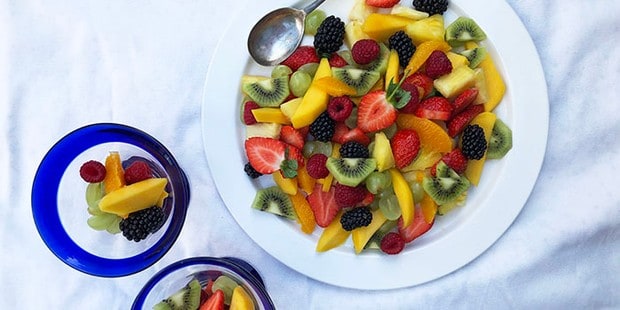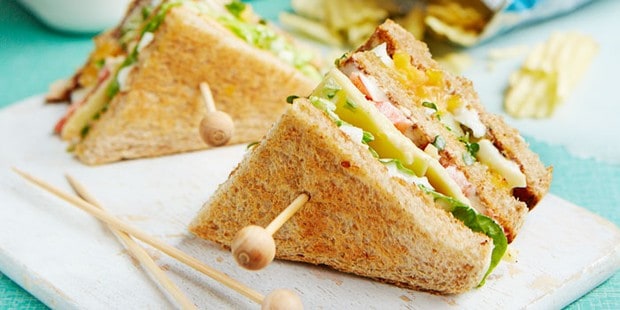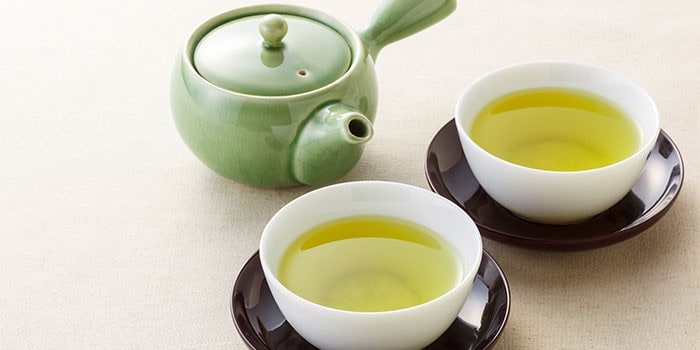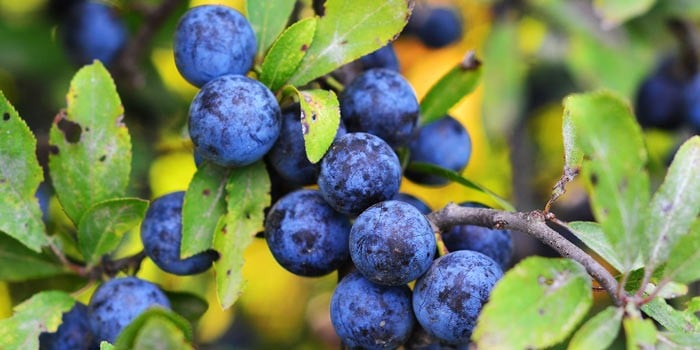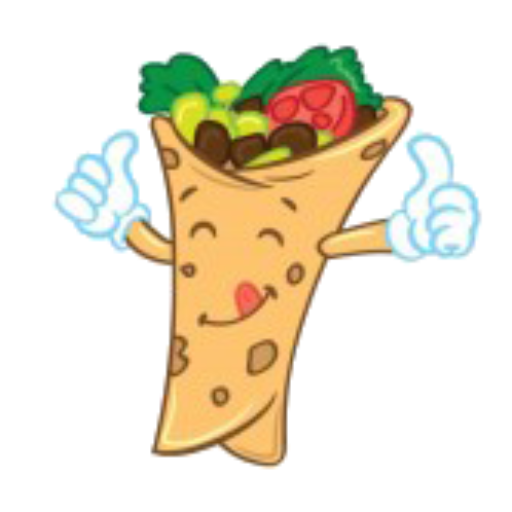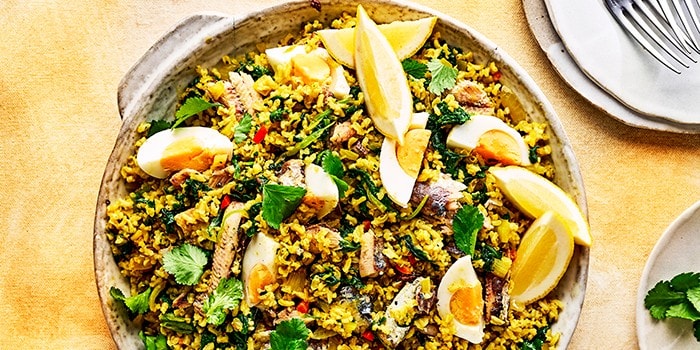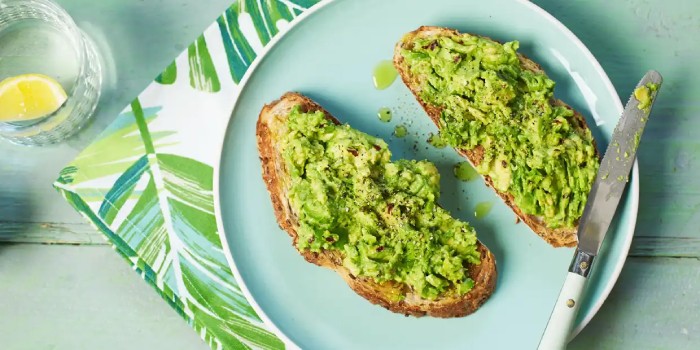Congratulations! Becoming a new mother is a special and exciting time. As much as it’s very important that your baby gets the right amount of nutrients needed for good health, growth and development, it’s also vital that you look after yourself during motherhood, which includes eating and drinking well so that you can take great care of your baby.
You don’t need to have a special diet as a new mother, but you should ensure that you’re eating a healthy, balanced diet that includes a variety of foods. If you are breastfeeding exclusively, your energy requirements may go up a bit, and there are some key nutrients to which you’ll need to pay special attention, such as calcium.
10 healthy recipes to help new mums achieve a balanced diet
1. Fruit salad
A fruit salad will contribute towards your five-a-day. This can be consumed as a snack in between meals or dessert after your main meal. It’s recommended that all adults should try to aim for at least five portions of fruits and vegetables a day. Fruits and vegetables are good sources of vitamins and minerals, which are essential for general health. They also are good sources of fibre, which is important for maintaining gut health.
2. Okra with tomato sauce & couscous
3. Healthy spiced rice pudding
4. Stir-fried noodles with vegetables & tofu
5. One-pot harissa chicken
6. Salmon club sandwich
You should include some fish in your diet for both your and your baby’s health, as it’s a good source of protein, vitamins and minerals.
This quick and easy salmon sandwich recipe is great if you’re always on the go and don’t have much time to cook. As an oily fish, salmon is a good source of omega-3 fatty acids, which contribute to your baby’s normal development. However, if you’re breastfeeding, you should have no more than two portions of oily fish a week (one portion is around 140g). This includes fresh mackerel, sardines and trout.
Though not classified as oily fish, adults should also eat no more than one portion per week of shark, swordfish or marlin, regardless of whether you’re breastfeeding or not. This is because these fish may contain more mercury than other types of fish.
7. Oat & chia porridge
8. Wholemeal flatbreads
9. Fruit scones
If you prefer a sweet snack as opposed to a savoury one, these tasty scones are ideal. Have one on its own without jam and clotted cream to increase your calorie intake without upping the amount of sugar you’re eating. It’ll still taste delicious!
10. Fruit-infused water
A healthy, varied diet should provide all the vitamins and minerals you and your baby need for breastfeeding. However, it can sometimes be difficult to get enough vitamin D (which helps with the absorption of calcium to keep your bones healthy), especially during the winter months. All breastfeeding mothers should be advised to take a daily supplement of 10mg vitamin D each day.
Small amounts of what you’re eating and drinking can pass to your baby through your breast milk. If you think your diet is affecting your baby and they’re unsettled, please speak to your doctor, health visitor or dietitian for tailored advice. If you need more advice regarding your diet to ensure you are getting the right nutrients, speak to your dietician.
Liked this? Now read…
This article was published on 23 February 2021.
Tai Ibitoye is a registered dietitian and a doctoral researcher in food & nutritional sciences. Tai has experience working in different sectors such as in the NHS, public health, non-government organisations and academia.
All health content on bbcgoodfood.com is provided for general information only, and should not be treated as a substitute for the medical advice of your own doctor or any other health care professional. If you have any concerns about your general health, you should contact your local health care provider. See our website terms and conditions for more information.

